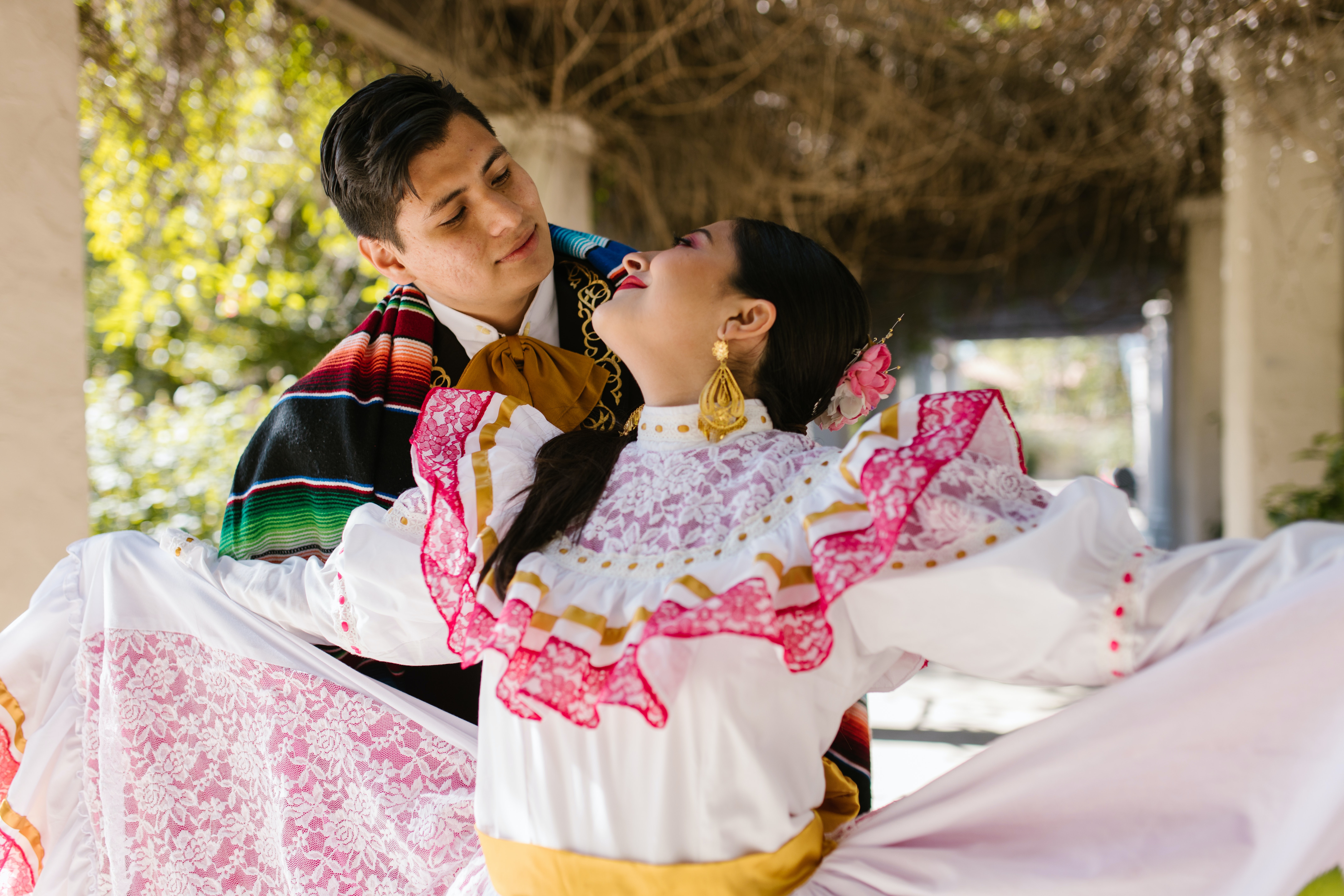NEW YORK — When it comes to Latine representation – a new poll finds society and Hollywood have a long way to go. The recent survey examined 1,000 U.S. Latinos and 1,000 non-Latinos’ views about diversity in the media, inclusion, and overall aspects of life.
Thirty-eight percent of all respondents reveal they aren’t aware of the latest Census data stating that the U.S. Latino population grew from 50.5 million in 2010 to 62.1 million in 2020. They now account for the largest minority group in the country.
Latino respondents were actually less aware of this data than their non-Latino counterparts (41% of Latinos vs. 50% of non-Latinos). Respondents also answered questions about their social lives, with a third of Latinos claiming they’re one of a few — if not the only — Latines at their job (34%).
Further, 30 percent of Latinos claim they’re the only Latine in their friend group, and one in eight feel their peers don’t understand their culture. When asked about their thoughts regarding the entertainment industry, more than a fifth of Latine respondents were not sure whether their culture had enough on-screen representation (22%).
Hollywood’s diversity issue?
Although 77 percent of all respondents agree that more progress has been made in television than in films (67%), three in five still think there are not enough Latino actors and actresses on screen. In fact, a Nielsen study shows that Latinos are one of many underrepresented groups across broadcast, cable, and streaming platforms as of the end of 2021. Over two-thirds of Latines say they recognize that disproportion to be a reality (69%).
Data from the survey, conducted by OnePoll on behalf of Campanario Entertainment and the National Hispanic Media Coalition, further shows that this underrepresentation carries over into the real world. Thirty percent of non-Latino respondents were unable to name three Latino entertainers and a third struggled to identify three different Latine ethnicities.
Regarding their media consumption, just a quarter of all respondents rate the entertainment industry’s understanding of Latino culture as “excellent.” However, many Latine respondents don’t think that’s the case since nearly a fifth described the industry’s understanding as “fair” or “poor.”
With that in mind, it’s no surprise that three in four Latinos believe their culture is often stereotyped in the media. Moreover, respondents across both groups recognized that Latinos are often cast in derogatory roles that reflect negatively on the culture. These include roles such as criminals or cartel members that speak English with a heavy accent (49%), restaurant workers (48%), or gang members (42%).
Of all respondents, 29 percent say their all-time favorite TV show does not have Latine characters – and 39 percent can’t think of three shows still on television that depict positive Latine characters or leads. Instead, people want to see more stories about Latine lawyers (46%), doctors (45%), and politicians (41%).
“This survey shows that Latinos still don’t feel included within the American story, but at the same time, the findings give us hope and a blueprint for effective change,” says Jaime Dávila, president and co-founder of Campanario Entertainment, in a statement. “While we’re encouraged by incredible achievements among Latinos – most recently with the huge success of multi-award-winning artist Bad Bunny and Ariana DeBose and ‘Encanto’ winning Oscars – there’s still much work to be done. We believe that visibility on both sides of the camera and diverse content can help bridge this gap.”
Ramping up Latino representation
Overall, 77 percent of all survey-takers agree that everyone should have a positive on-screen representation they can relate to. The same percentage believe watching TV shows or movies with more diverse characters helps them understand their culture or relate to them better.
Most non-Latino respondents feel motivated to learn about Latine culture when they watch a show featuring Latino cast members (72%), and a similar percentage wish there were more opportunities to do so through films or television shows (69%). Nearly half of Latine respondents also noted they disagree with casting non-Latino actors or actresses to portray Latino characters on screen.
Latinos also offered their thoughts on how the entertainment industry can be more inclusive – 69 percent simply want to see more Latino ethnicities on screen. On the bright side, 72 percent of Latine respondents are hopeful Hollywood will include more diverse actors and actresses in future TV shows or films.
“Research is the key to understanding public perception and how Americans view the issue of Latino diversity, equity and inclusion in the media and entertainment industry,” says Brenda Victoria Castillo, president and CEO of National Hispanic Media Coalition (NHMC).
“Inadequate representation at the decision-making level translates directly into a lack of visibility on screen. We’re hopeful this data will inspire trailblazers to raise their voices and share stories of the underrepresented, while also amplifying Hollywood’s positive influence on society.”
